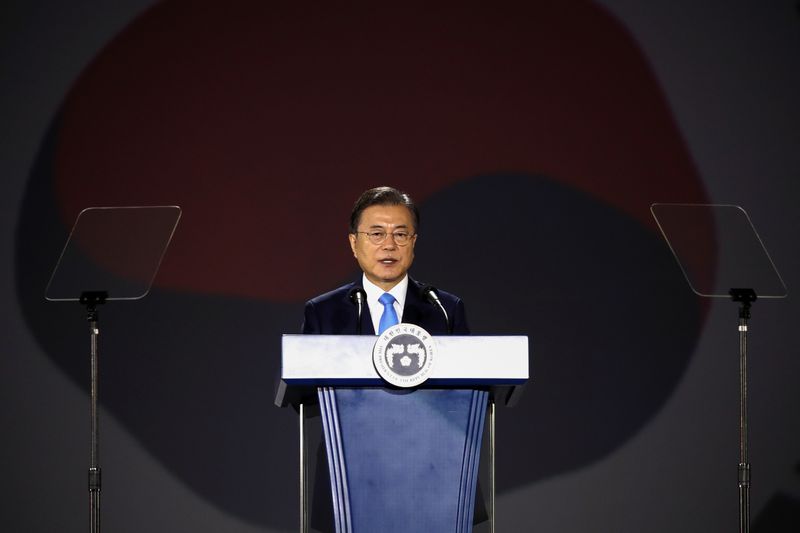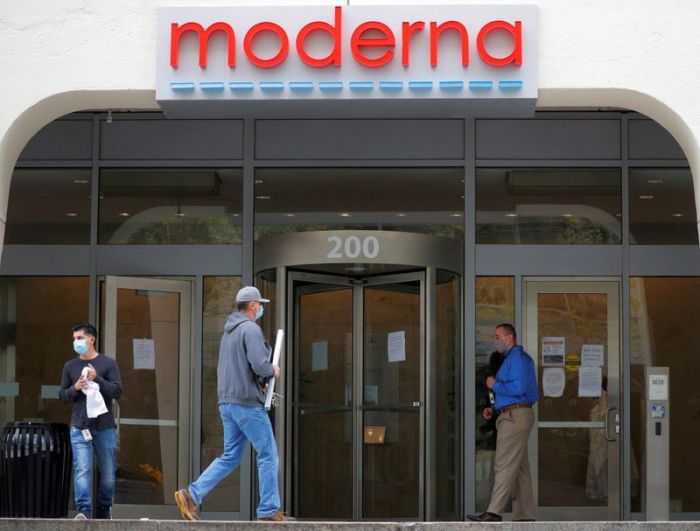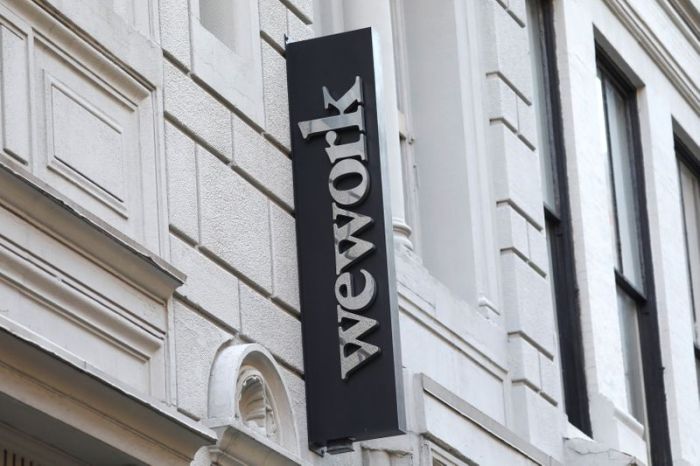SEOUL (Reuters) – South Korea’s President Moon Jae-in said on Saturday, the 75th anniversary of Japan’s surrender in World War Two, that his government was always ready to talk with Tokyo about disputes over history that continue to divide the two neighbours.
Moon was speaking at an anniversary celebration marking the Korean peninsula’s liberation from Japan’s 1910-1945 colonisation.
In Tokyo, Japanese Prime Minister Shinzo Abe pledged never to repeat the tragedy of war.
The two countries are at loggerheads over a 2018 decision by South Korea’s Supreme Court that ordered a Japanese steelmaker to pay compensation for forced labour during World War Two.
Nippon Steel Corp was ordered to pay 100 million won ($84,000) each to four South Koreans as compensation.
“We have been holding discussions with the Japanese government on an amicable solution that the victims can agree on,” said Moon. “The door for negotiation is still wide open.”
Japan argues the ruling violates international law because all claims for compensation arising from Japan’s colonisation were settled under their 1965 diplomatic treaty.
Seoul says the ruling must be respected as a decision by an independent judiciary.
In a move widely seen as retaliation for the ruling, Japan last year said it would stop preferential treatment for shipments to South Korea of some key high-tech materials whose production it dominates and which are used by firms such as Samsung Electronics Co.
Talks to resolve the export curbs have stalled and South Korea is proceeding with a complaint to the World Trade Organization.
Moon also said inter-Korean cooperation will serve as the best security policy for both the South and North Korea to be “free from dependence on nuclear and military power.”
“The more solid the cooperation between the two Koreas, the stronger the security of each of the South and the North will be,” said Moon. “This will serve as an impetus that will lead to prosperity in cooperation with the international community.”
(Reporting by Sangmi Cha; Editing by Shri Navaratnam and William Mallard)























